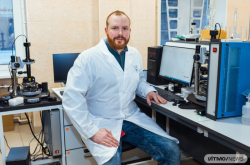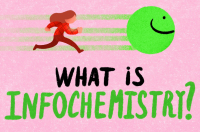By now, you’ve already worked in four different countries. You’ve always wanted to dedicate your life to science, haven’t you?
I’ve always wanted to do chemistry, I liked this field of science, and I’ve been participating in different chemical contests since school years. So, when it came the time for me to choose a university, I chose this track, and enrolled in Belarusian State University. When I was on my PhD program, we began to closely collaborate with our German colleagues from the Max Planck Institute. We collaborated on research projects as part of the NATO Science for Peace and Security foundation that finances research in the field of environmental security. This was how I first got to Max Planck Institute.
Some time later, I got the DAAD scholarship, defended my thesis and stayed in Germany as an Alexander von Humboldt fellow. Tellingly, the first project I took part in at Max Planck Institute had to do with industry - we worked on self-healing anticorrosion coatings. In fact, we developed special capsules that can prevent corrosion. How does this work? When corrosion occurs, the pH of the environment changes, so these capsules “feel” it, open up and release a stopping agent.
We developed smart materials such as these, then scaled our inventions and worked with our industrial partners on mass-producing them. What’s important is that when you work in close collaboration with the industry, you get to understand that every aspect of a project has its specific features. When you develop an innovative product, you work in a large team, and each group is responsible for a particular stage. Gradually, you come to understand which particular aspect interests you the most.
Originally, I started working on boundary surfaces, and then I got a team at the Department of Biomaterials. By that time, we had slightly changed our area of focus, and concentrated on the biological applications of smart materials.
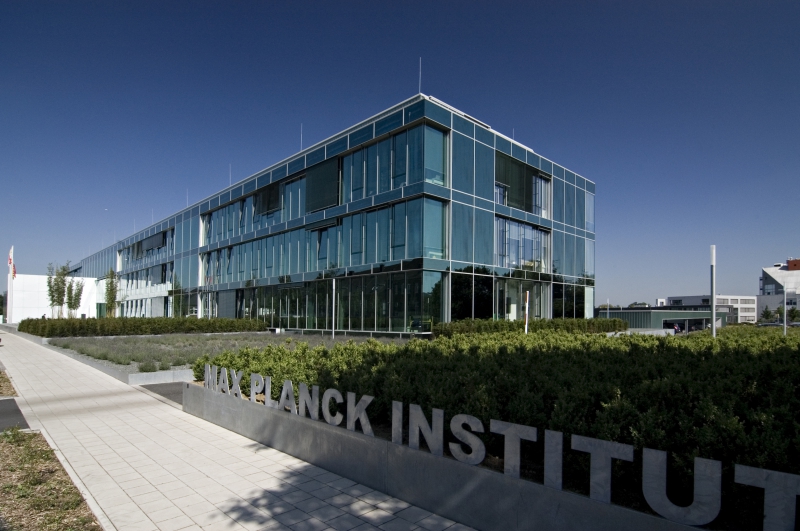
Please tell us more about these biological applications.
In one way or another, my work had to do with the nanostructuring of surfaces. Having keen fundamental knowledge, we understood what is to be done with a surface in order to control the properties of biological objects: cells, biofilms, bacteria and so on. We’ve been structuring our materials in such a way that it acquired properties they never had before. We worked with different implants and systems of biochips; before everything else, we studied how we can affect the behavior of different types of cells in smart materials.
In regard to fundamental research, we’ve been looking into such diagnostics-related issues as what happens when our cells interact, and what causes this or that disease. Our materials gave us the opportunity to grow cells selectively: we could control their behavior, and create materials that would understand what they are to do at a particular moment.
As a result, we got the opportunity to program materials so that they would perform the desired functions. For instance, if we construct a biochip, we want it to be cross functional, if it’s a biosensor we’re working on - it is important that it would detect a particular disease, work with a minimal amount of molecules and be selective. This is what one may call the operating principle of smart biomaterials.
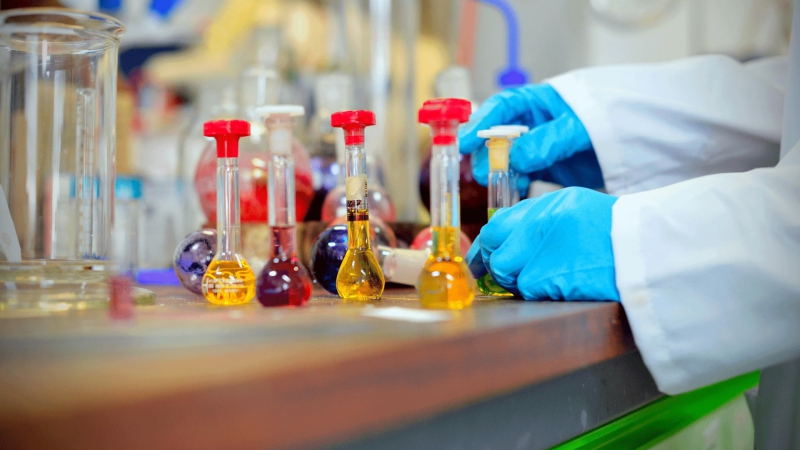
What exactly are the tasks that this research will help solve?
We’ve been working on smart materials for medical purposes so that they would make it possible to program biological objects. This gives us an opportunity to create model systems that can be used to predict the behavior of your cells and design ways to reprogram them.
For this matter, we were interested in taking a fundamental approach and changing the very concept. As for me, I never wanted to kill bacteria, while most research revolves around destroying them. I believe that to be wrong, reprogramming the system can be a better choice. For example, you know that there are lots of bacteria on your skin. When you use antibacterial soap that kills all bacteria including the “good” ones, you just get more ill, as other bacteria, often the harmful ones, replace them. This is not very good. What we want to do is to develop a smart material, an adhesive bandage or some soap that would make the beneficial bacteria occupy a particular area faster that the harmful ones.
In essence, we want to program our microbiome, support it and create materials that won’t kill bacteria but give the necessary signals to particular biological objects. In theory, such smart material will become an independent entity, an artificial cell that will reprogram your cells to perform particular functions.
Did you continue working on similar projects when you went to Harvard?
No. I went to Harvard as a visiting scholar to work in the team led by George Whitesides, the most cited chemist of our time. We worked in several fields and on several fundamental projects, including the Origins of Life, which implies explaining how life appeared on Earth from the chemical point of view. For that purpose, we studied life as it was even before DNA and RNA came to be. It is already known how amino acids can develop from inorganic molecules; we attempted to use chemistry to launch the cycles and chemical reaction networks of simple organic molecules so that they would come alive.
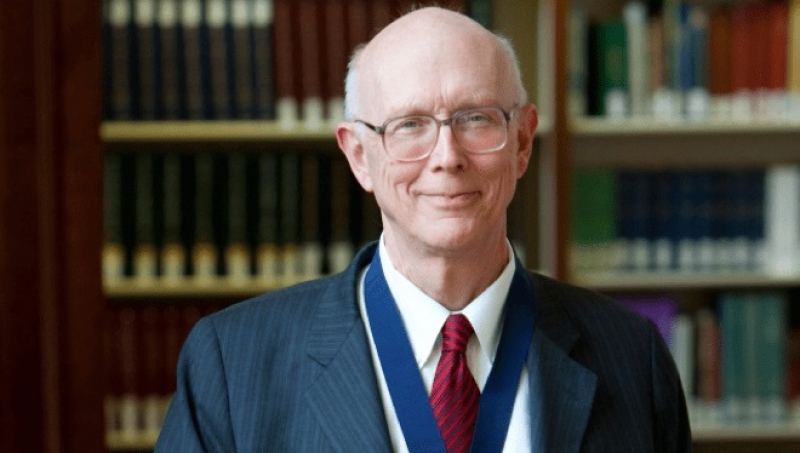
The other project I worked on was dedicated to studying dissipative self-organizing systems; we were trying to understand how chemical systems can help us explain different phenomena, like why epidemies occur or how fires develop.
Both projects were what you’d call fundamental; still, the practical application of some of the results, like those from the Origins of Life and the issue with the gradient of potassium and sodium ions inside the cell and in the intercellular space allowed to propose an affordable diagnostic system for precise electrochemical diagnostics of low-molecular metabolic profiles that can be printed on paper.
Why did you decide to continue your career in Russia?
Academic mobility is a common thing for modern scientists. They move from place to place depending on their research interests. If you’re interested in fundamental research, you need to create a team, involve young specialists you’ll be working with. So, you have to join the educational process, become a professor, join a university and teach students to do proper science. Having acquired international experience, I set myself the goal of creating a big team, more so I knew how to make it efficient. In Germany and the USA they have their own approaches to managing a research team, but there just comes the moment when you understand how you want it to be organized, and that you need to go to a country that has the necessary intellectual resources and is open to new approaches. It was then that I started to consider working in Russia.
While I was in Germany, I began to hear about the opportunities opening up in Russian universities. That was when they were just starting to talk about the Skolkovo project and then Skoltech. Zhores Alferov’s team came to Berlin and announced that Russia is becoming part of the academic mobility program. In other words, a professor from another country can come to Russia, get a position at a university and do science at the highest level.
In order to do this, you have to submit a particular set of documents like they do in other countries, also, you subscribe to mail outs and special information services that notify you when a position opens at some university. If you are interested in it, you can send in an application where you describe your perception of you future work: what project you plan to start with, which subjects you are going to teach and how do you aspire to organize a competitive, world-class research team.
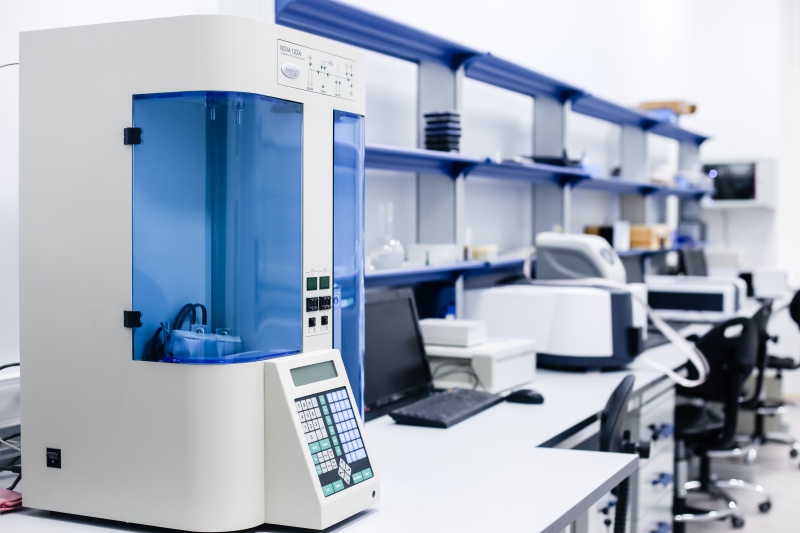
Why ITMO?
Originally, I planned to apply for Skoltech, but at one point I received an email advertising a position at ITMO University. I’d never heard of this university before that, yet I thought that the proposal was interesting - a university that focuses on information technology and yet offers a position that has to do with chemistry. Quite unexpected, but that conformed to my perspective. I believe that today, chemistry has to be in perfect balance with mathematics and computer science, otherwise we won’t be getting anywhere.
In order to do modern science, we have to work with the best mathematicians and programmers, and it’s hard to imagine a better place to do that than a university focusing on IT. As a chemist, I know where to look for the answers we desire, but to conduct new research at the intersection of chemistry and computer science, one needs the corresponding competencies. Only in collaboration with specialists in IT we would be able to develop the new promising field of infochemistry.
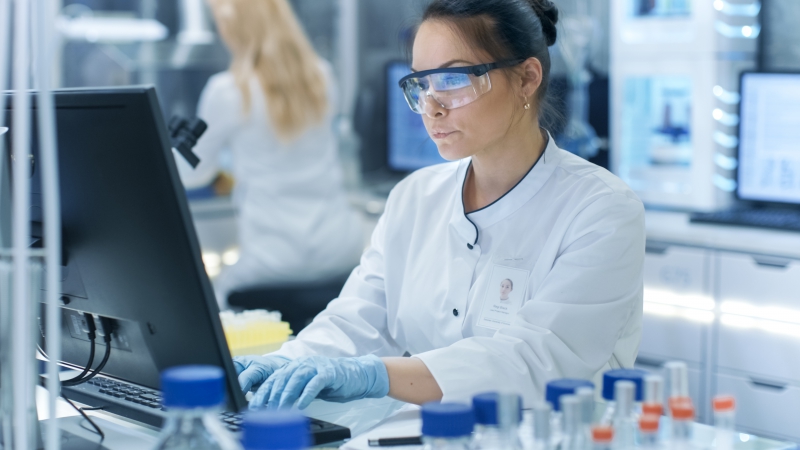
Therefore, I applied to ITMO University and got a position; now, I work with young specialists who conduct research that is promising for not just Russia but the world in general. They are already exploring fundamental issues that can be applied to the smart materials field.
How is work at your laboratory organized?
Presently, we have four main areas of research. The first is working with dynamic optical materials that can completely change their optical properties when lit by light of a particular wavelength. As of now, we’ve compiled a project plan on producing such materials, which was supported by the Russian Science Foundation, and continue working on it.
The second one has to do with diagnostics. Here, we conduct research on developing chips that are sensitive to not just some single type of ions, but can be used to monitor a wide range of different metabolic profiles. Thus, it would become possible to diagnose different diseases using a single chip.
Our third area of research is a fundamental one. We work on the model chemical systems that I’ve already spoken about, those that can help us explain different processes like epidemics and such.
Finally, the fourth area belongs to the new infochemistry field; we closely collaborate with Harvard on this one. We believe that it is possible to develop a method to storing and processing information based on chemical systems.
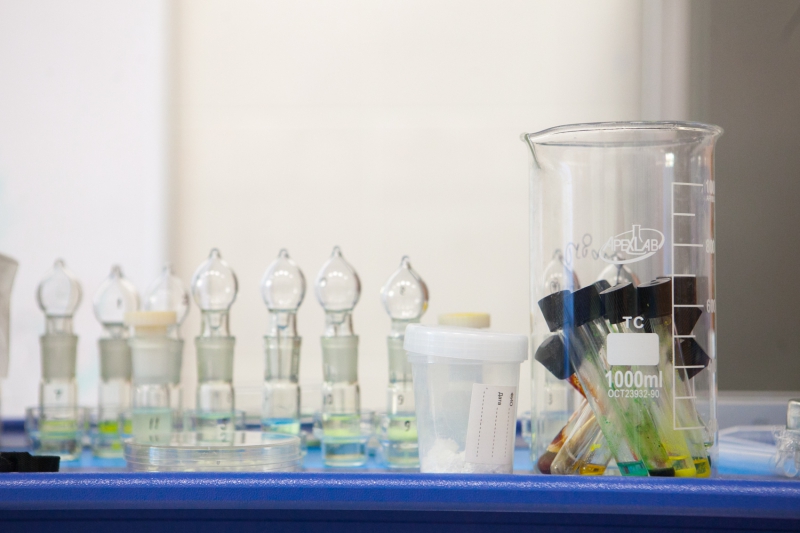
How should I explain that? Let’s say you have a computer; just imagine that similar computers are present in biological systems, as well. From the biological point of view, a cell is an ideal computer, it is great at storing and processing information. Our task is not to create a new cell, but something else that can effectively accumulate, store and process information in a similar way. We think that it is possible to attain that by combining chemical reaction networks and systems; we are already working on several ideas, including the creation of an artificial chemical cell.
Still, we can’t succeed in doing that on our own. Therefore, we have already started to communicate with ITMO’s other research teams with whom we plan to collaborate. I believe that in future, it will be possible to submit a common grant request where we’ll delineate the concept of what we want to develop here in Russia. This topic implies a lot of interdisciplinary effort by different research teams, still, I think that we have a good chance at launching this project at ITMO University and having our request approved.



